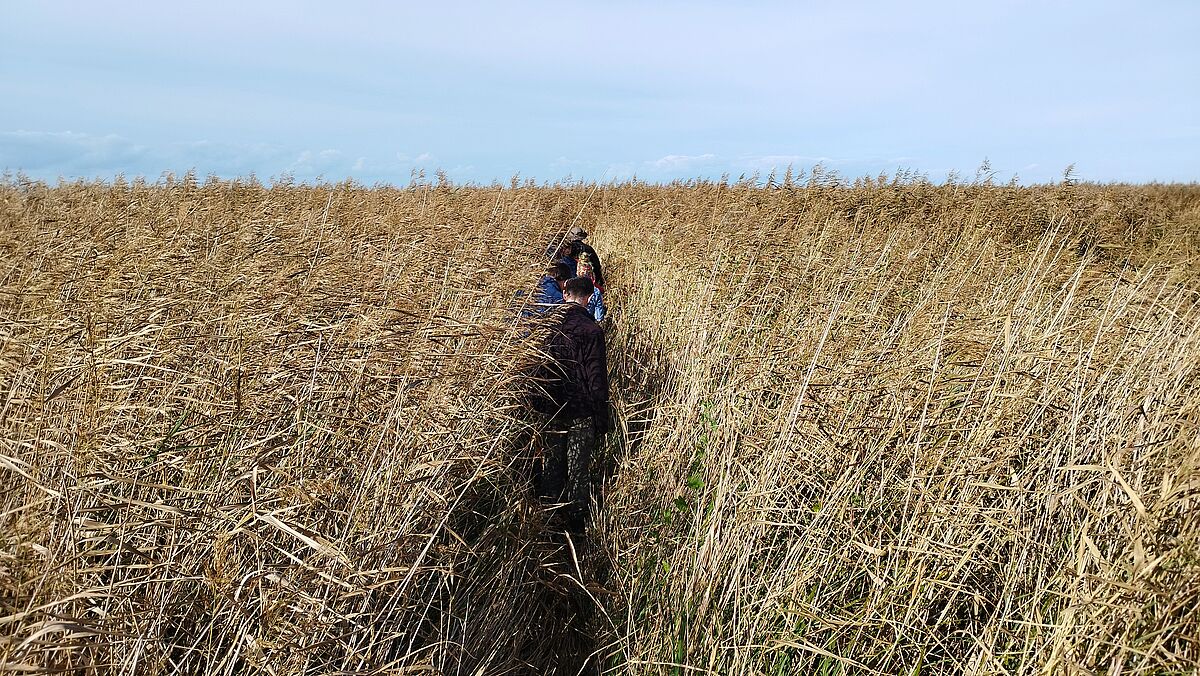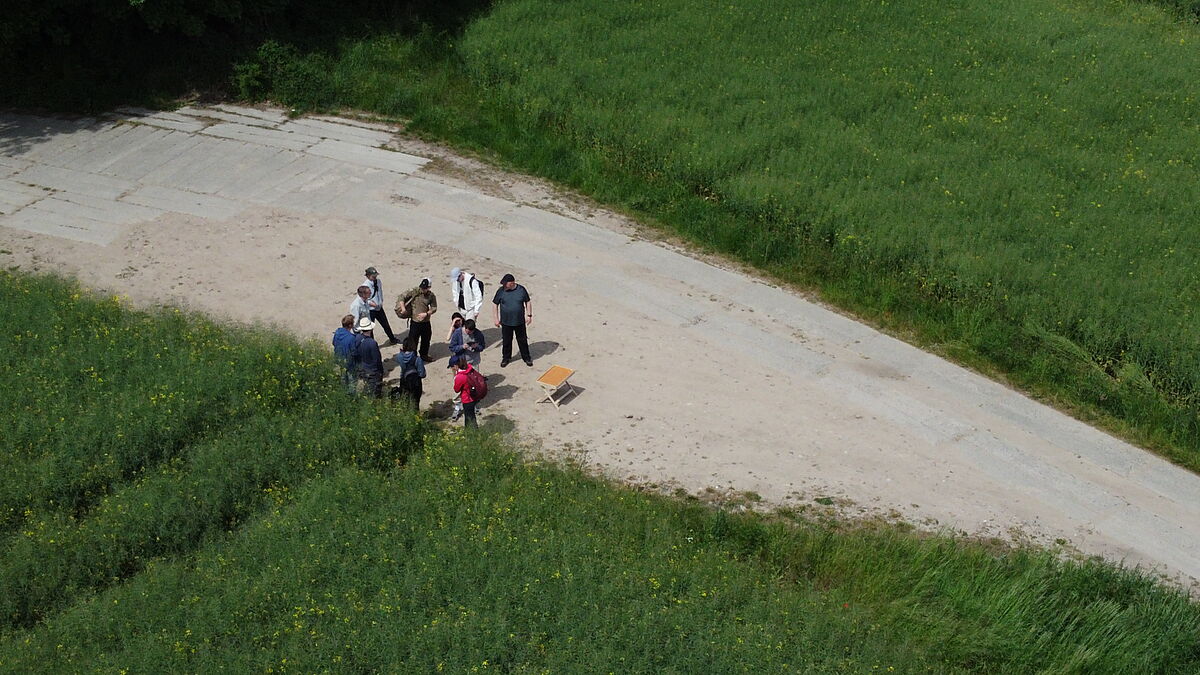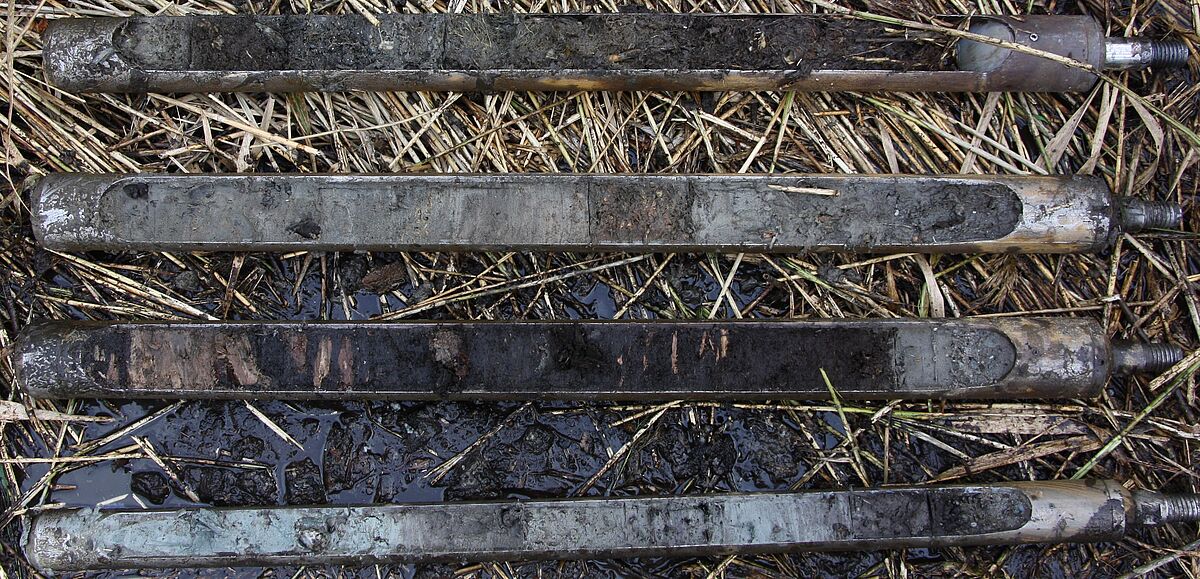Course of Studies
The Bachelor's degree programme in Geography has a standard length of study of six semesters. It is divided into basic, advanced and specialisation modules. The programme also includes a six-week work placement, elective modules and, finally, the bachelor's dissertation. The modules each consist of several different lectures. These include lectures, seminars, exercises, laboratory and field practicals as well as excursions. During the degree programme, the focus is on teaching basic knowledge in all sub-areas of Geography on the one hand, but also on the teaching of methods in all sub-areas in order to be able to solve a wide variety of problems from the diversity of Geography.
In the first two semesters, the focus is on the following core modules:
- Fundamentals of Geography
- Physical Geography
- Human Geography
- Geoecology
- Geoinformation processing and Cartography
- Statistic
Students learn basic information from all areas of Geography. In addition, reference is made to academic work and data analysis and initial methods are learnt. The core modules are studied for 48 credit points (ECTS).
The following advanced modules are then added from the third semester onwards:
- Economic Geography
- Remote Sensing
- Methods of Physical Geography and Geoecology
- Methods of Human Geography
- Sustainable Geography
- Field internship
The advanced modules deepen the content of the core modules in all areas. Both new knowledge and methods are added. The advanced modules are studied for a total of 42 ECTS.
The specialisation modules allow students to form their own focus. Two of the following three specialisation modules are chosen.
- Specialisation in Human Geography
- Specialisation in Physical Geography
- Specialisation in Geoinformation Processing / Remote Sensing
The specialisation modules also include a six-week internship of the student's choice and a colloquium with researchers and geographers from practice.
The elective modules serve to impart further knowledge from other fields of study with a meaningful connection to Geography. They are studied over a period of 40 ECTS. There are a total of six different electives and additional modules that can be used to expand (specialised) foreign language skills. At least 20 ECTS must come from an elective subject. The remaining ECTS can be collected from all other elective modules. The following electives are available:
- Economics
- Law
- Geology
- Landscape Ecology
- Natural Sciences, Mathematics, Computer Science
- Cultures of the Baltic Sea Region, e.g.
Scandinavian Studies (Danish, Norwegian Language or Swedish Language), Finnish Studies,...
For more detailed information, please refer to the Examination and Study Regulations (Bachelor of Science Geography (2021)).
Student Advisory Service
Institute of Geography and Geology
Friedrich-Ludwig-Jahn-Str. 16
17489 Greifswald
Phone +49 3834 420 4526
sebastian.lorenzuni-greifswaldde
Stay Abroad
Period of study abroad, internship abroad
During your Bachelor's degree, it is possible to study or complete an internship in a state of the European Union for a maximum of two semesters via the Erasmus+ programme.
Current partner universities of Geography can be found here:
It is also possible to study at partner universities worldwide. You can find the university's current partner universities here:
First consultations are offered regularly by the International Office:
Subject-specific questions can be addressed to the Foreign Relations Officers of the subject. A semester of study abroad is possible from the third subject semester onwards. The planning of the period of stay abroad should be done as early as possible, but at the latest one year (for a summer semester abroad) or six months (for a winter semester abroad) before the stay abroad. Further information can be found here:
Appointments and further prospects
An application-orientated education opens up a wide range of appointments for graduates in municipal, state and regional planning, spatial planning at federal level, projects and regional consulting in private planning offices, transport, environment, landscape and green space planning in municipal, state and federal authorities (environmental protection, waste management, water management, coastal protection), economic development, tourism, regional marketing, development aid, publishing (atlases, maps, travel guides), creation of data information systems, landscape conservation and related areas.
With the Bachelor's degree, students acquire the requirements for admission to a more advanced master's degree course, which has been offered in Greifswald since 2010.



